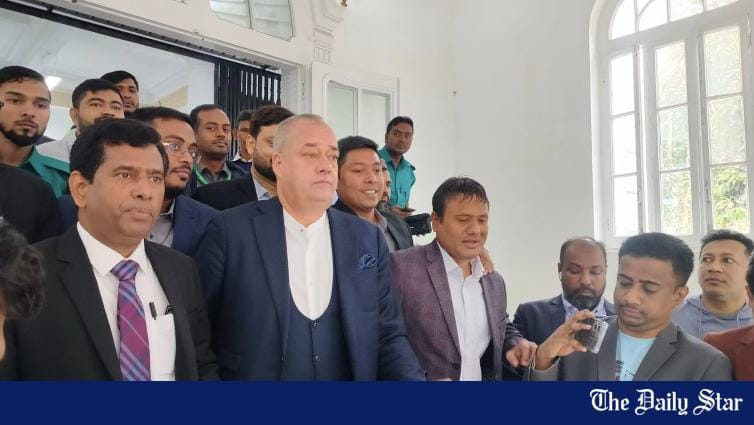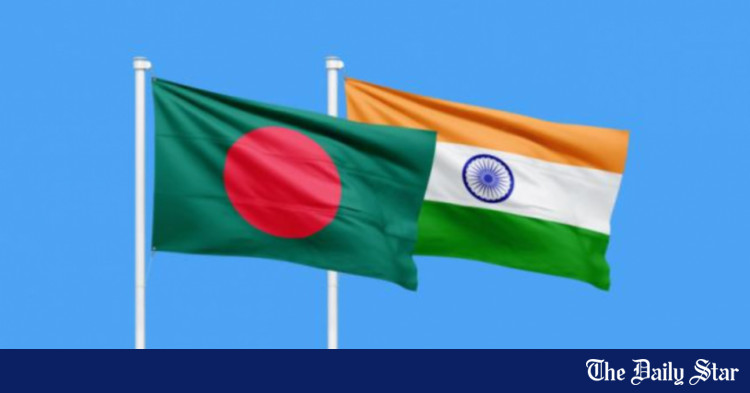- Nov 13, 2024
- 108
- 78
- Origin

- Residence

well i m not from bengal so cant tell more on that but basic reason was most muslims in those areas survived on fish and other meat while most hindus even in bengal were either too poor or were vegtarians or were in urban centers where they dint had easy acess to fishries which muslims living on on coastal areas and on riversides hadWhy did more Hindus than Muslims (compared to their overall population share figure) die in the Bengal famines?









